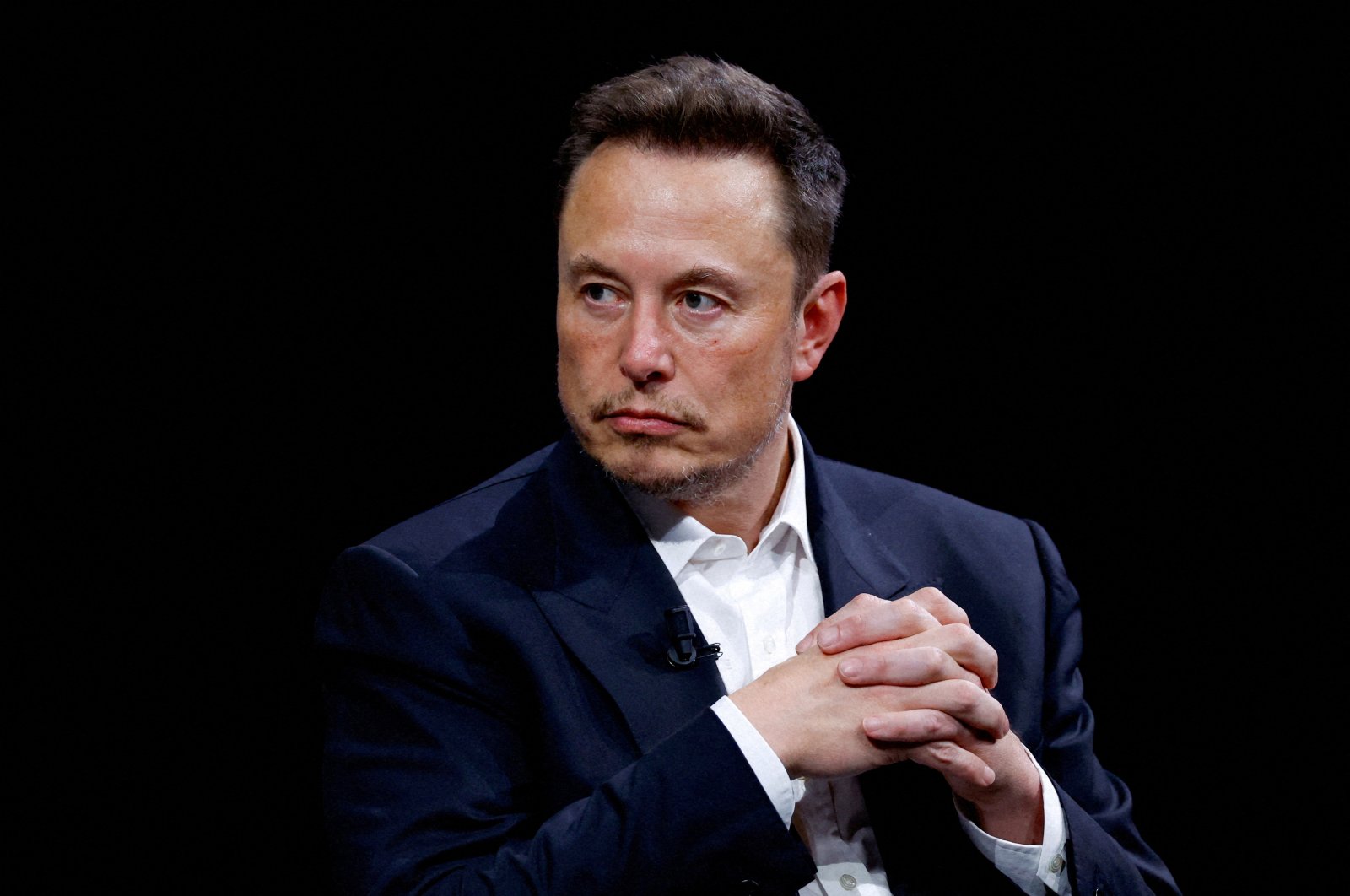
Türkiye has invited many prominent CEOs and board chairpersons to a high-profile investment meeting that has not been held for eight years, a report said on Monday.
The Investment Advisory Council, which has not convened since 2016, is scheduled to hold its next meeting on Sept. 28 in Istanbul.
Invitations, signed by Vice President Cevdet Yılmaz, have been sent to numerous companies and senior officials from international organizations such as the World Bank, according to private broadcaster CNBC-e.
Invitees include many prominent names like Elon Musk, the chief executive of SpaceX and Tesla and owner of X, formerly known as Twitter, and Amazon CEO Andy Jassy, the report said. They have been asked to confirm their attendance by Aug. 23.
The Investment Advisory Council is a platform established with the participation of senior executives from prominent multinational companies in order to address the administrative barriers to investment, improve the image of Türkiye as an attractive investment destination and provide an international perspective to the ongoing investment climate reform agenda.
The meeting will follow an update to the government’s medium-term economic program, during which President Recep Tayyip Erdoğan is said to outline the progress made in the economy and make a call for investment in the country.
Since Erdoğan won reelection in May 2023, authorities have reversed policies and raised interest rates sharply under the U-turn mainly aimed at curbing stubborn inflation.
The central bank is spearheading the pivot to more orthodox policies and has hiked its benchmark policy rate by 4,150 basis points since June last year.
The Central Bank of the Republic of Türkiye (CBRT) has kept the rate unchanged at 50% since March to allow the tightening to have an impact.
The tightening and relatively stable Turkish lira have helped CBRT rebuild its foreign exchange reserves and gain ground in the fight against soaring growth in prices.
The annual consumer price inflation eased to 61.78% in July, accelerating what is expected to be a sustained slide.
After an eight-year hiatus, the upcoming Investment Advisory Council meeting is expected to prominently feature companies from China and the Gulf region, which are anticipated to invest in Türkiye in the near future.
The government expects foreign direct investment (FDI) to rise to between $12 billion to $14 billion this year from around $10 billion in 2023, with automotive and data center investments on the agenda.
A month ago, Chinese electric vehicle manufacturer BYD agreed to build a $1 billion production plant in Türkiye with an annual capacity of 150,000 vehicles.
Burak Dağlıoğlu, the head of the Presidential Investment Office, last week said Chinese companies could make two new automotive factory investments.
Asked about indications that Chinese vehicle manufacturers Chery and SAIC will invest in Türkiye, Dağlıoğlu said talks were "on the right track." The two companies have been holding talks with authorities and potential domestic partners.
Chery Türkiye said in June it was in talks with ministries regarding factory construction and was "making efforts to carry out production in Türkiye as soon as possible."
Doğan Trend Otomotiv, the distributor of SAIC's MG brand in Türkiye, said in June it was close to signing a memorandum with SAIC for a Turkish plant to build combustion and hybrid cars.
Three weeks ago, the Industry and Technology Ministry unveiled a grant and incentive package with a budget of $5 billion for factory investments with a capacity of at least 150,000 electric or hybrid vehicles.
A data center investment could also be made by the end of the year, Dağlıoğlu told an interview with Reuters.
"We see the second half of this year being more lively in terms of investment," he said, adding that there were much more positive forecasts for 2025.
FDI in the first five months of this year was $4 billion.
Türkiye received an average of 0.9% of global FDI in the 20-year period to 2023 and wants to increase this to 1.5% in the medium term, or some $15 billion to $20 billion per year by 2028, said Dağlıoğlu.
"After a slowdown, FDI has been trending positive again for the last two months," he said. Investors still want to be sure that inflation is falling, while geopolitical tension has created some uncertainty, he added.
Türkiye's International Investors Association (YASED) is also said to place significant importance on high participation in the meeting and addressing changes in Türkiye’s investment climate.
Invitations have been extended to global executives of YASED member companies, the CNBC-e report said.
